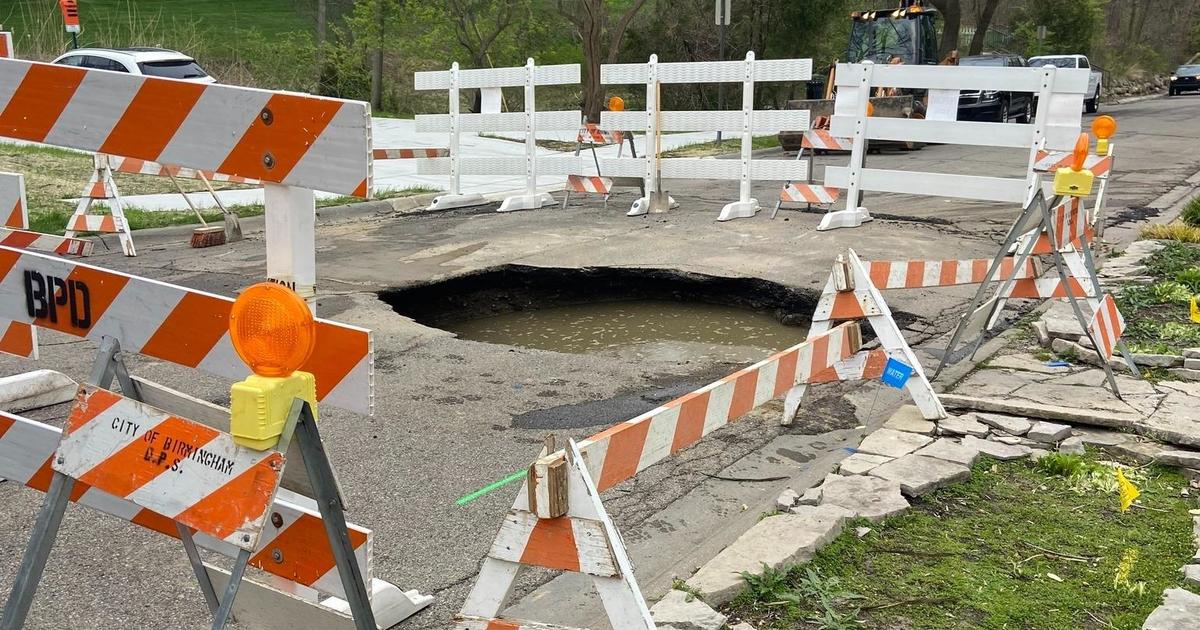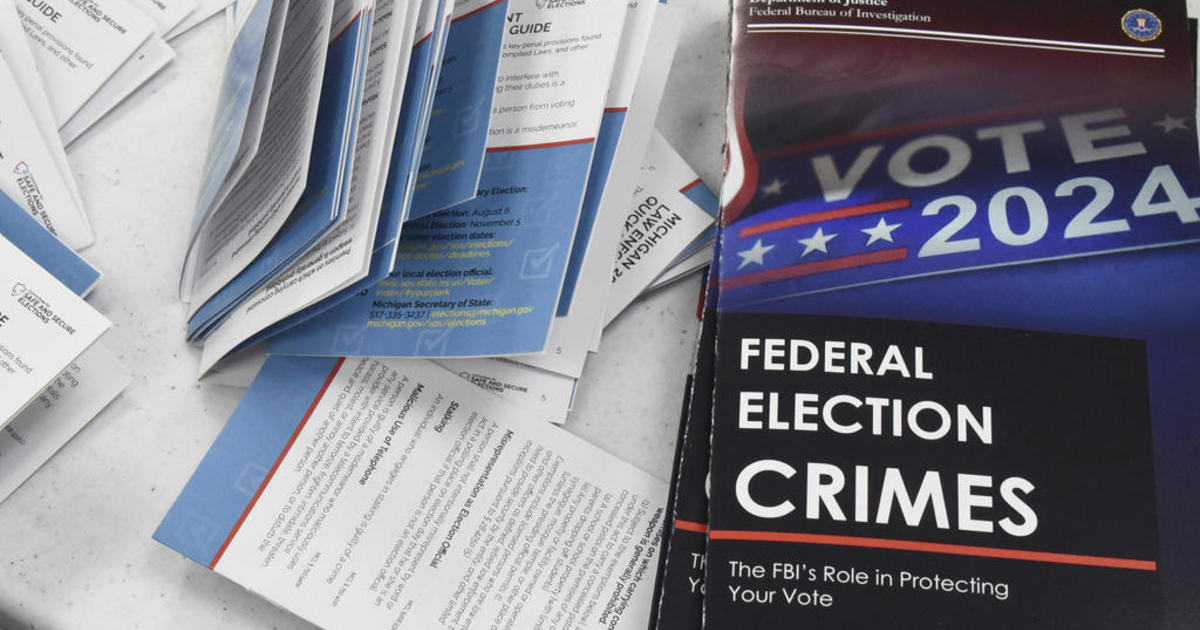Stop House Fires Before They Start With These Safety Moves
By Lori Melton
Per a report from the National Fire Protection Association (NFPA), in 2015 a home structure fire was reported every 86 seconds and structure fires caused 2,685 civilian deaths. Cooking and smoking were the leading cause of home fire deaths, which accounted for 78 percent of civilian fire deaths and 71 percent of civilian fire injuries. Following these fire prevention tips will help stop fires before they start, and make your home a safer place.
Install the Proper Number of Smoke Alarms
Smoke alarms play a critical role in alerting you to a potential fire in your home. They sense abnormal amounts of smoke or combustible, invisible gases and sound the alarm once detected.
Per the National Fire Alarm Code, new homes should have smoke alarms with battery backup in every level of the home, outside each sleeping area and inside each bedroom. They should also be hardwired and interconnected so that if one alarm sounds, they are all triggered.
Perform Routine Smoke Alarm Maintenance
Once you have the proper number of smoke alarms installed, it's important to test them and change batteries on a regular basis. Smoke alarms have a test button and you should use it to test the electronic function of all alarms at least once a month. Using the test button is a much safer option than trying to test with a controlled fire produced from matches, lighters, cigarettes, or an aerosol smoke product.
Also, change your smoke alarm batteries once a year. Some people change them twice, in accordance with daylight saving time or other routine household maintenance, like changing furnace filters. Fresh batteries typically last about a year. But, if a battery fails before a routine replacement, the smoke alarm should make a "chirp" sound to indicate the battery needs to be replaced.
You should also change the batteries in your carbon monoxide detector when you change the smoke alarm batteries.
Keep a Fire Extinguisher Handy
Every home should have at least one fire extinguisher that's rated for home use. You can find them at your local home improvement store—the ones marked "A-B-C" are recommended for home use. Note that fire extinguishers should only be used by adults, and you should seek training from the fire department or manufacturer on the proper way to use the model you select.
It's also important to install them high on the wall, near an exit and out of a child's reach. Make sure its accessible to a trained adult and keep the extinguisher away from a heat source, as this could render it less effective at a time when you need it most.
Install a Home Sprinkler System
It may take some time for the fire department to reach your home if a fire starts. An in-home sprinkler system works to control a fire and keep it from spreading. In some cases, it may even extinguish a fire. It's really important to work with a qualified installer who follows NFPA codes, standards and local fire safety regulations. So, be sure to ask the installer if they adhere to these standards before you hire them.
Identify and Remove Fire Hazards
Identifying and removing fire hazards from your home is a great way to prevent fires. Follow these tips to manage items and activities that could cause a household fire.
- Don't leave candles lit and unattended. Also, don't burn them all the way down and keep them at least 12 inches away from a heat source. Keep candles secure in their holders to keep them from tipping.
- Don't leave food unattended on the stove while cooking and pay close attention to your shirt sleeves. Wearing tight-fighting long sleeve or short sleeve tops is safest while cooking. Also keep flammable utensils, towels, hot pads and oven mitts away from a heat source.
- Never put foil or metal in a microwave oven and never try to put out a grease fire with water.
- Consider contacting a qualified electrician to evaluate and resolve or remove any potential electrical hazards in your home – especially if your home is older and wiring is older. Always repair or replace damaged electric cords. Never overload a circuit or outlet.
- Never use the oven to heat your house.
Use Space Heaters Properly
Space heaters are a great way to heat a small space and cut energy costs. However, they can be a potentially deadly source of a home fire. Keep anything flammable at least three feet away from them and always turn them off when you leave the room they are in. Never use them in the bedroom, especially while you are sleeping.
Don't Smoke in Your Home
Smoking cigarettes is hazardous to your health in many ways, but it can become hazardous to your family if an unattended burning cigarette catches fire. A good rule to follow to prevent cigarette-induced fires is: Don't smoke inside your home. If you do, make sure you keep lighters and matches securely stored and out of children's reach. Never smoke in a house where in-home oxygen is being used. Use wide, non-flammable ashtrays and douse butts and ashes with water before you throw them away.



